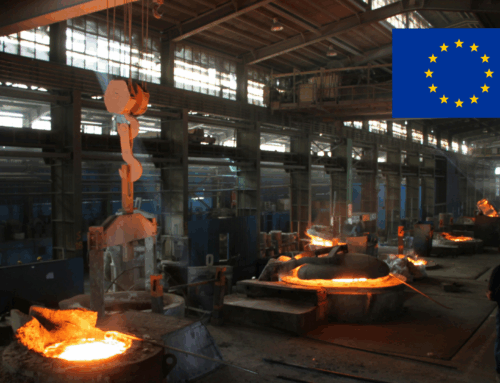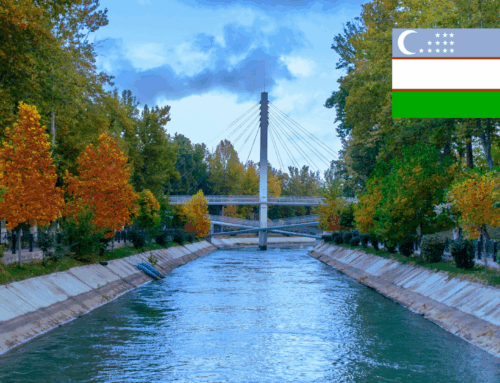After 25 years of negotiations, the EU and the Mercosur countries – Argentina, Brazil, Paraguay and Uruguay – signed a comprehensive free trade agreement at the end of 2024. This move was partly driven by the growing competition from China and increasing trade uncertainties with the USA, which put pressure on Europe to open up new markets. The agreement is set to create one of the world’s largest free trade zones, covering over 715 million people.
Opportunities for German companies and the economy
For German businesses, the agreement primarily opens up better access to the previously highly compartmentalised markets of Brazil and Argentina. This boosts their competitiveness compared to suppliers from countries without similar agreements. Companies in mechanical engineering, chemical, pharmaceutical industry and the automotive sector stand to benefit the most. Access to public tenders will also be facilitated – with the exception of the healthcare sector.
The agreement also sends out important signals for sustainability: the Mercosur countries hold significant reserves of critical raw materials and are strongly committed to renewable energy – an advantage for Europe’s goal of decarbonisation.
Focus on SMEs
Small and medium-sized enterprises (SMEs) in particular are burdened by tariffs and trade barriers. The agreement contains a separate chapter, which ensures an optimal supply of information and focusses more strongly on the needs of SMEs. The aim is to make market entry easier and strengthen long-term cooperation.
When does the agreement enter into force?
The timeline depends on formal reviews and translations, which are expected to be completed by mid-2025. After that, the trade part of the agreement could be applied provisionally – according to current estimates, this could happen as early as 2026 or 2027.
Source: GTAI (in German)






